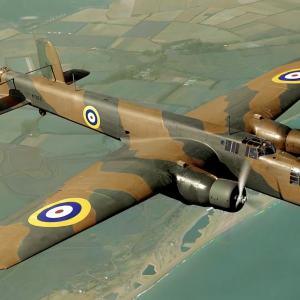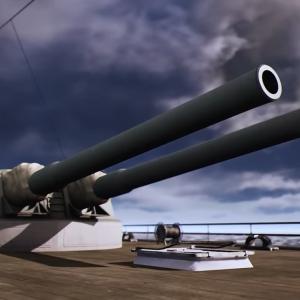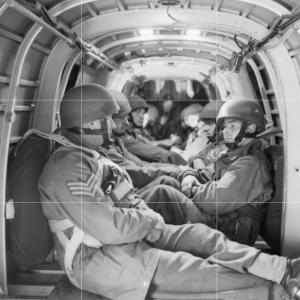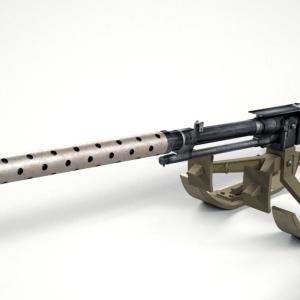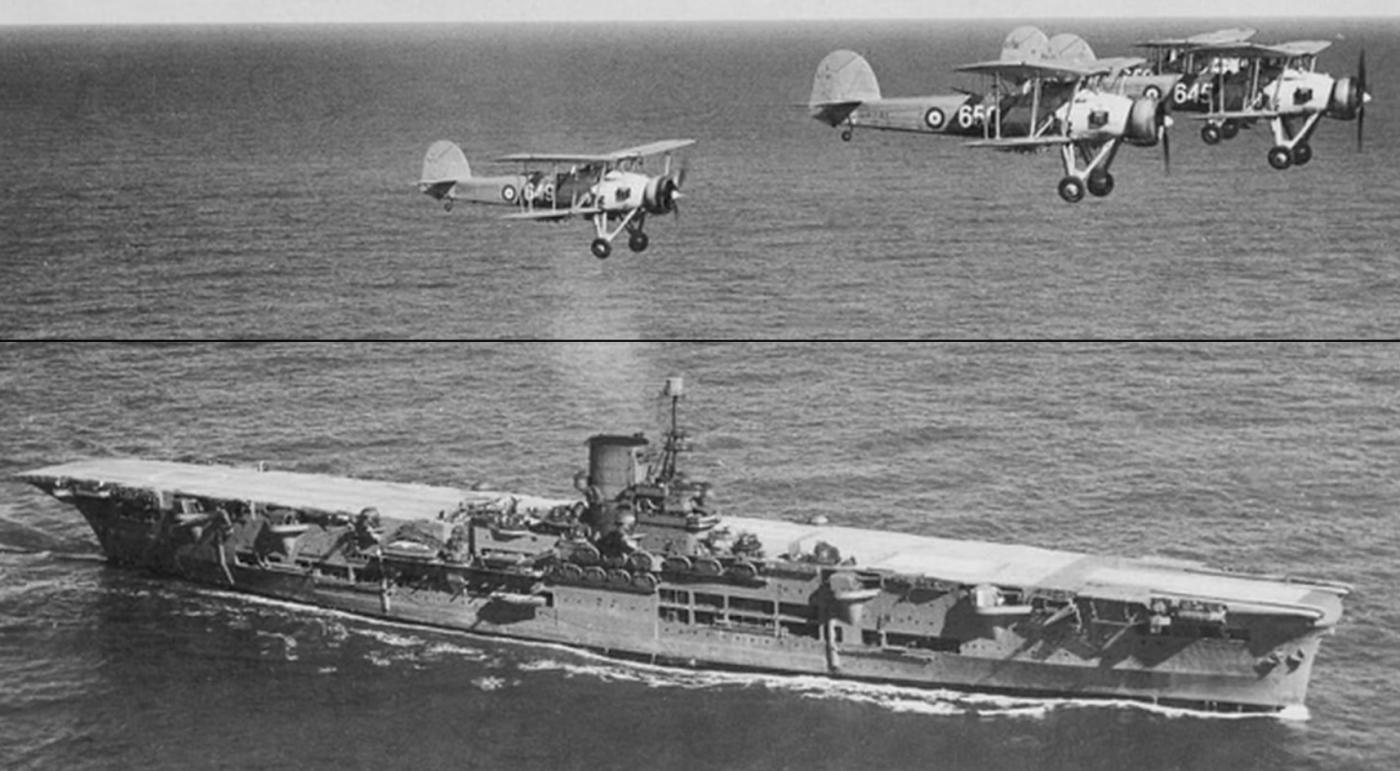
On this day in military history…
On the 23rd of September 1940, an ambitious but ultimately unsuccessful military operation took place off the coast of West Africa: Operation Menace, more commonly known as the Battle of Dakar. This episode, though less well-known than the larger battles of the Second World War, marked a pivotal moment in the early attempts by the Free French forces and their British allies to challenge the authority of the Vichy French regime and restore the legitimacy of General Charles de Gaulle’s leadership.
After the fall of France in June 1940, the country was divided between the German-occupied zone and the unoccupied zone governed by the Vichy regime under Marshal Philippe Pétain. While the Vichy government collaborated with Nazi Germany, General de Gaulle, exiled in London, declared himself the leader of the Free French, vowing to continue the fight. However, de Gaulle’s authority was far from universally accepted among the French colonies, many of which initially remained loyal to Vichy. Seizing control of one of these colonies, particularly a strategically valuable one like French West Africa, would lend legitimacy and practical strength to the Free French cause.
Dakar, the capital of Senegal, was a key objective. It possessed a major naval base and a radio station with far-reaching transmission capabilities. Its harbor could serve as a staging ground for Allied operations in the Atlantic and Africa. The plan was to encourage the Vichy forces stationed there to defect to de Gaulle’s side, or, failing that, to seize control through a show of military force. The British Royal Navy provided the bulk of the firepower, including battleships such as HMS Barham and HMS Resolution, while de Gaulle embarked with Free French troops in hopes of persuading the defenders to join him voluntarily.
The operation began on 23 September with the arrival of the Allied fleet off Dakar. Leaflets were dropped over the city, and loudspeakers broadcast appeals from de Gaulle urging the garrison to abandon Vichy and join the Free French. But the appeals were met with silence and resistance. The Vichy defenders, supported by coastal batteries and a small naval force including the battleship Richelieu—immobilized but still able to fire—remained loyal to Pétain and opened fire on the approaching Allied vessels.
Attempts to land Free French forces near Dakar were met with fierce opposition and had to be abandoned. Over the course of three days, the British and Free French ships exchanged heavy fire with the Vichy defenders. The fighting proved costly and inconclusive. HMS Resolution was torpedoed by a Vichy submarine and badly damaged. The Allies, facing determined resistance and little sign of defection among the Vichy troops, were forced to withdraw on 25 September.
The failure of Operation Menace had immediate political repercussions. De Gaulle's inability to rally Dakar to his cause exposed the limits of his influence among the French colonies and embarrassed his British sponsors, who had hoped for a swift and symbolic victory. For Churchill and the British leadership, it raised doubts about de Gaulle’s capacity to lead a substantial resistance movement. For de Gaulle himself, it was a personal blow, casting a long shadow over his efforts to present himself as the legitimate leader of Free France.
From the Vichy perspective, the defense of Dakar was seen as a vindication of their sovereignty and a symbol of their resolve to resist British aggression. It reinforced the Vichy government’s narrative that it was defending French interests against foreign interference, even as it cooperated with Nazi Germany. For the Allies, it became clear that future efforts to bring French colonies into the Free French fold would not succeed through persuasion alone.
Despite the failure at Dakar, the operation underscored the complexity of loyalties within the fractured French empire during the early years of the war. It also illustrated the broader strategic confusion that accompanied the period following the fall of France, as former allies found themselves on opposite sides and colonial holdings became battlegrounds not only for military control but for legitimacy and political identity.
In the long arc of the war, Dakar remained under Vichy control until the Allied invasion of North Africa in 1942, after which the tide turned more definitively in favor of the Free French. Operation Menace, though a failed endeavor, marked an early and earnest attempt to reassert the ideals of Free France and highlighted the tangled web of alliances, loyalties, and ambitions that shaped the course of the Second World War.


